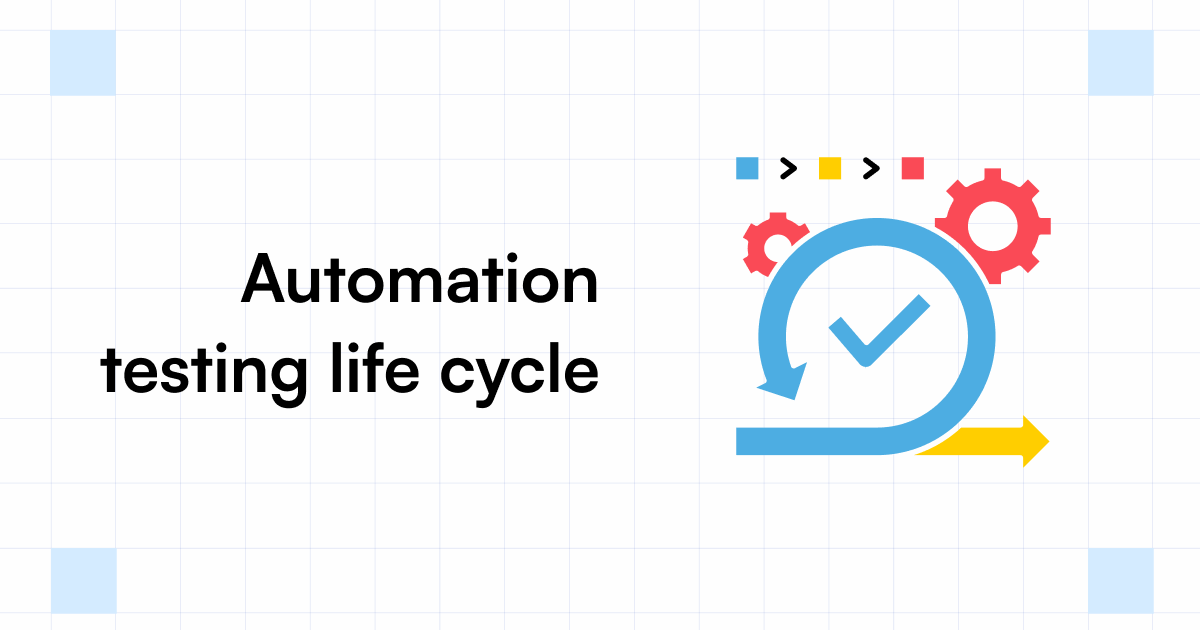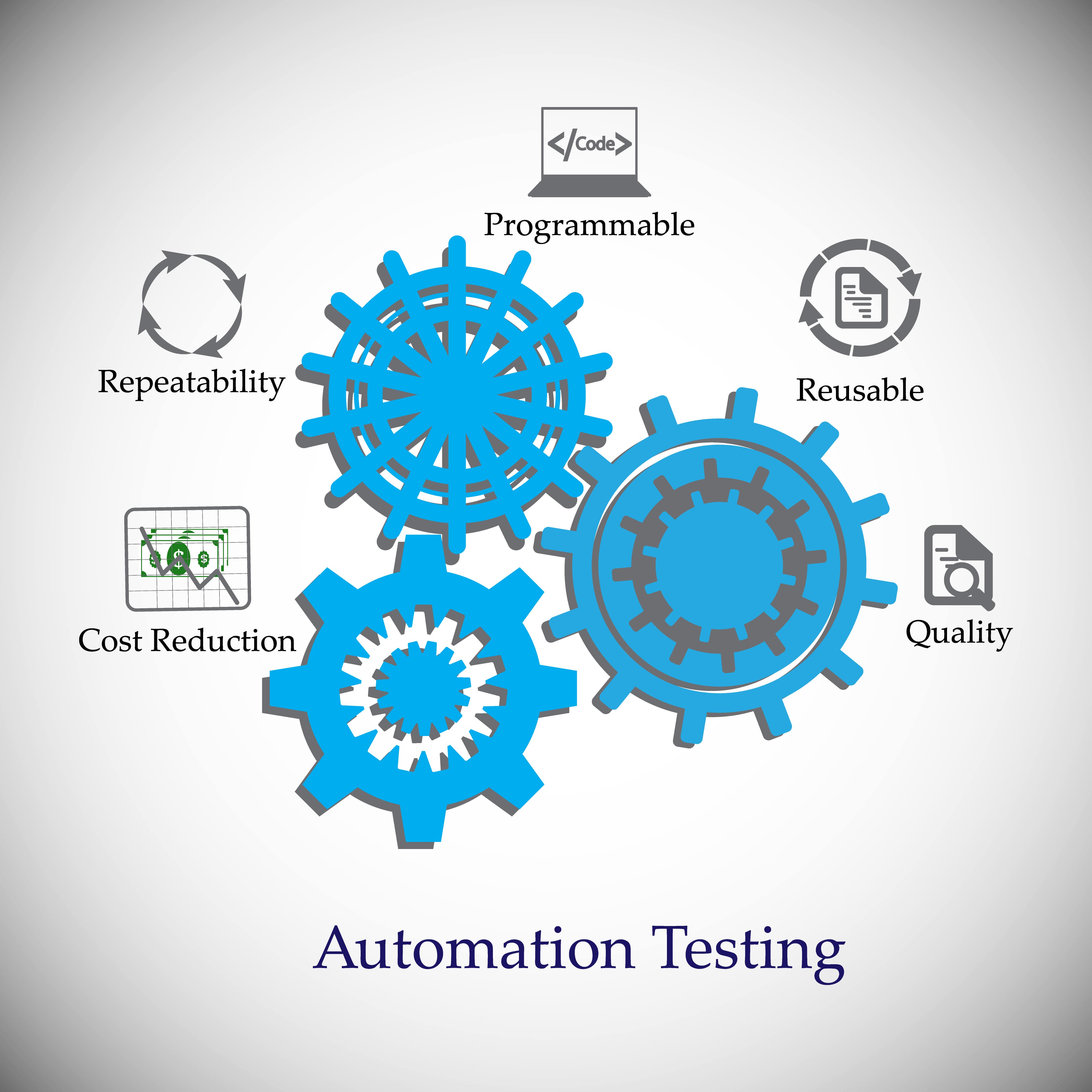From Manual to Automated Testing: A Comprehensive Guide to Transitioning Smoothly and Efficiently
In the world of software program screening, the change from manual to automated processes has actually ended up being a significantly vital shift for organizations looking for to boost efficiency and accuracy in their testing practices. As innovation remains to advance, the need for effective and seamless automatic screening approaches has never been more pressing. The trip from guidebook to automated screening is not without its obstacles, yet when approached tactically and with a clear plan in mind, the advantages can be substantial - automation testing. In this comprehensive overview, we will certainly explore vital steps and factors to consider vital for an effective change, from the initial choice of devices to the combination of automation into existing process. Keep tuned to discover the understandings that will assist pave the way for a smoother and a lot more effective testing process.
Advantages of Automated Testing
Automated testing uses various advantages, enhancing performance and precision in software application development procedures. One main advantage is the substantial decrease in screening time. Automated tests can be run at the same time on numerous gadgets and running systems, substantially speeding up the screening stage contrasted to hands-on testing. This raised performance permits faster comments on the quality of the software program, enabling programmers to recognize and resolve issues immediately.
Additionally, automated testing makes sure a higher degree of accuracy in identifying problems. Considering that automated examinations comply with predefined scripts, human error is decreased, leading to even more reliable examination results. Consistency in screening is likewise improved, as automated examinations implement the exact same actions precisely each time they are run. This consistency is critical in making sure that all capabilities of the software application are completely evaluated, lowering the probability of undiscovered insects sliding through to production.
Picking the Right Devices

Firstly, assess your purposes and needs. Recognize the scope of your project, the technologies entailed, and the ability of your group. This analysis will aid you figure out the attributes and abilities you need in your screening devices.
Secondly, think about the compatibility of the devices with your existing systems and procedures. Smooth integration with your existing software program advancement lifecycle is important to guarantee a smooth change to automation.
Furthermore, assess the scalability and flexibility of the tools. As your screening requires develop, the devices need to have the ability to adapt and fit adjustments successfully.
Lastly, consider the support and area around the tools. When applying automated screening, durable support and an energetic customer area can supply beneficial sources and support. By very carefully thinking about these aspects, you can select the right tools that line up with your requirements and established the stage for an effective shift to automated testing.
Creating Reliable Test Scripts

When crafting test scripts, it is essential to think about the certain demands of the software application being checked and make certain that the scripts attend to all essential capabilities. Descriptive and clear calling conventions for examination manuscripts and test cases can improve readability and maintainability. Furthermore, incorporating mistake handling systems within the examination scripts can help in determining and dealing with concerns immediately.
Furthermore, organizing examination scripts into modular parts can boost reusability and scalability, reducing redundancy and improving effectiveness in examination manuscript maintenance. Routine testimonials and updates to test scripts are critical to maintain speed with progressing software requirements and functionalities. By adhering to these principles, testers can develop durable and efficient examination scripts that add significantly to the success of automated screening procedures.
Integrating Automation Into Workflows
Effective combination of automation devices right into existing process improves and streamlines procedures efficiency within software program advancement cycles. When incorporating automation right click now into process, it is vital to identify repetitive tasks that can be automated to save time and reduce human error. By effortlessly incorporating automated screening devices like Selenium or Appium right into the software program growth lifecycle, teams can accomplish faster comments on code changes, causing quicker bug detection and resolution. This assimilation permits for constant testing throughout the development procedure, guaranteeing that any kind of problems are determined early on, resulting in higher software application top quality. In addition, automation can be used to cause tests instantly after each code commit, giving immediate validation and liberating testers to concentrate on even more complex situations. Appropriate integration of automation devices requires cooperation in between growth, screening, and procedures groups to establish a unified workflow that enhances performance and efficiency in delivering premium software products.
Ensuring a Smooth Transition
Effectively transitioning to automated testing involves precise preparation and mindful execution to minimize disturbances and make the most of efficiency in the software program advancement procedure - automation testing. To guarantee a smooth change, it is crucial to start by conducting a comprehensive analysis of the present screening processes and recognizing locations where automation can bring the most substantial benefits. Engaging with all stakeholders at an early stage at the same time, consisting of designers, testers, and job supervisors, is crucial for amassing support and buy-in for the automation campaign
Communication is essential throughout this change stage. Clear interaction of the goals, advantages, and expectations of automated screening assists to manage any type of resistance or problems that may develop. Additionally, providing adequate training and sources for team members to upskill in automation devices and techniques is crucial for making certain an effective shift.

Verdict
To conclude, transitioning from handbook to automated screening uses many benefits, including boosted effectiveness and reliability. By selecting the suitable tools, creating efficient examination manuscripts, and incorporating automation perfectly right into workflows, organizations can ensure a smooth Learn More and successful change. It is necessary to embrace automation as a beneficial possession in software application testing processes to boost overall top quality and performance.
In the realm of software program screening, the change from manual to automated procedures has ended up being a significantly vital change for companies looking for to boost efficiency and precision in their screening methods. Automated examinations can be run concurrently on several devices and running systems, substantially speeding up important link the screening stage compared to manual screening. Uniformity in testing is additionally enhanced, as automated examinations implement the exact same steps precisely each time they are run.To make certain the effective execution of selected testing tools, the production of reliable test scripts plays an important role in validating the capability and efficiency of automated processes - automation testing. By adhering to these concepts, testers can produce efficient and durable examination scripts that contribute significantly to the success of automated testing procedures
Comments on “Exploring the Future of Automation Testing in Software Growth”